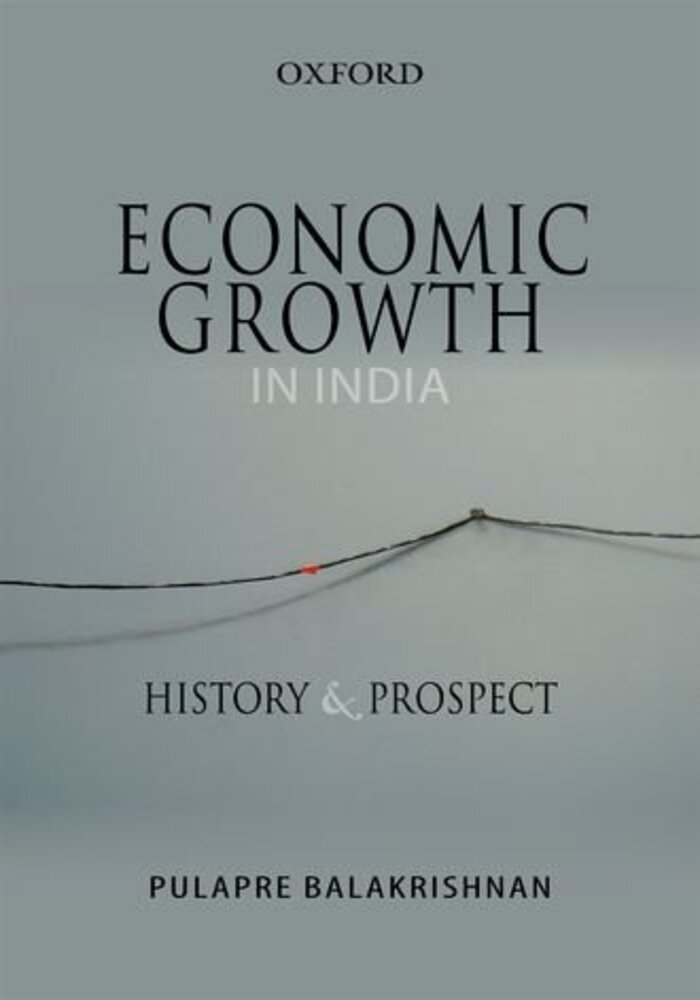Drawing upon diverse strands of theory, historical perspective, political economy, and econometrics, the book presents an eclectic and original narrative of the Indian growth experience. The main body of the book is divided into four chapters. Chapter 1 provides a critical exposition of some prominent theoretical representations of growth and a historical perspective on its drivers. The remaining three chapters provide a fresh analysis of three periods, respectively, 1950-64, 1965-91, and 1991 onwards. Presenting a favorable appraisal of the growth record of early independent India and an account of how the advantage was lost, the book argues that it is not just "more reforms" that stand in the way of sustained double-digit growth rates. The prospects for high long-term growth in India are instead linked with development of agriculture and education, particularly schooling. Further, the author proposes that inclusive growth is not just some optional extra, however desirable, but intrinsic to the prosperity of the country. The possibility of such an outcome, he argues, is tied more to the state's capacity to govern the public institutions once created by it than its command over resources.
| ISBN/ASIN |
9780198065470 |
| Author/Editor |
Pulapre Balakrishnan |
| Publisher |
Oxford University Press |
| Publishing Year |
2010 |
| Edition |
1st |
| Book Format |
Paperback |
| Language |
English |
| Warranty Type |
No Warranty |
0 (Overall)
Based on 0 Reviews


.jpg)










